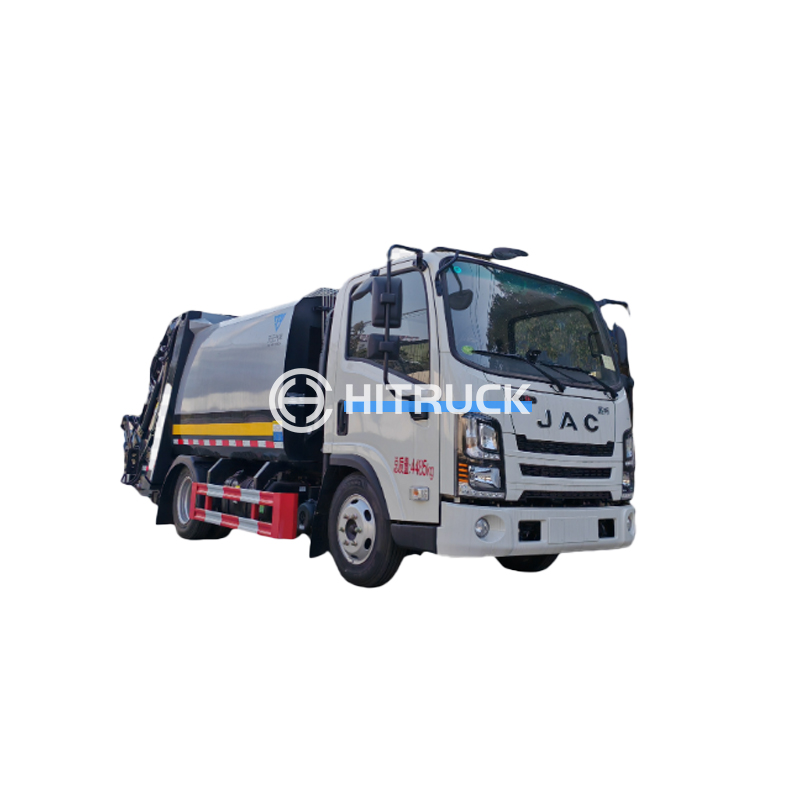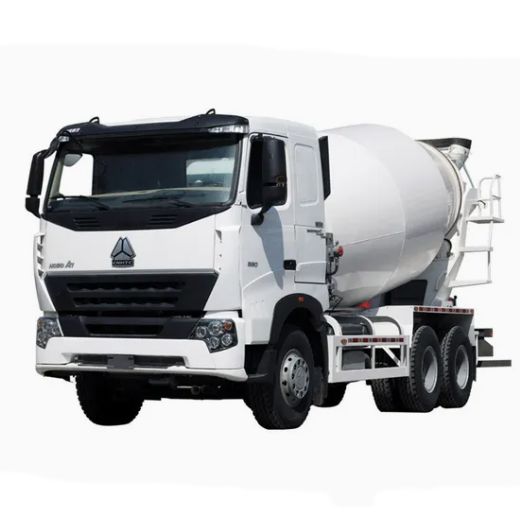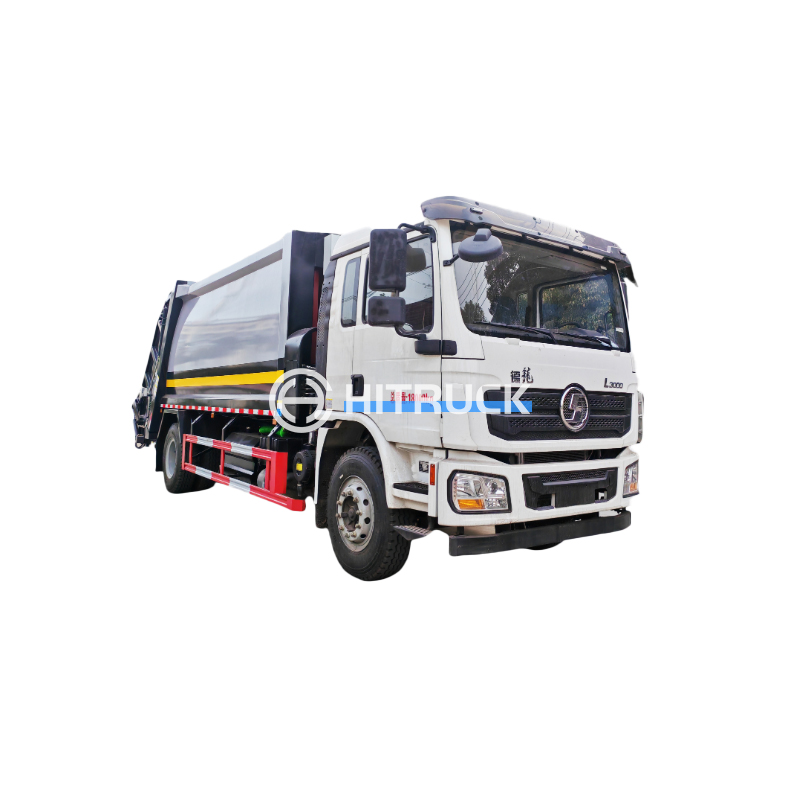This comprehensive guide helps you understand the various types of mobile water tankers, their applications, and factors to consider when making a purchase. We'll cover capacity, materials, features, and maintenance to ensure you find the perfect solution for your specific water transport needs.
Mobile water tankers come in various sizes and configurations, catering to different needs. They can be broadly classified by their capacity (ranging from small, compact units for residential use to large-capacity tankers for industrial applications), material (stainless steel, polyethylene, or aluminum, each offering different durability and cost benefits), and mounting style (on-board a truck, trailer, or even a smaller vehicle like a pickup truck). The choice depends heavily on your intended use.
The capacity of the mobile water tanker is a crucial factor. Consider the volume of water you need to transport and the frequency of transportation. Overestimating might lead to unnecessary expenses, while underestimating can result in insufficient water supply. It's essential to carefully assess your water needs before making a decision. For instance, construction sites often need significantly more water than residential uses, demanding larger-capacity mobile water tankers.
The material of the tank is another critical aspect. Stainless steel tanks are known for their durability and resistance to corrosion, making them ideal for long-term use and various water types. Polyethylene tanks, while lighter and less expensive, may have lower durability and are suitable for specific applications. Aluminum offers a balance between weight and durability. The lifespan and maintenance costs are directly influenced by the material selection.
Many mobile water tankers come with additional features like pumps for easier water dispensing, meters for accurate water measurement, and even specialized nozzles for controlled water delivery. Some tankers may also offer insulation to maintain water temperature, which is beneficial for certain applications. When making your choice, consider which features align best with your practical needs.
Regular maintenance is vital to prolong the lifespan of your mobile water tanker. This includes regular cleaning, inspection for leaks, and timely repairs. The maintenance requirements vary depending on the chosen material and operational frequency. A well-maintained tanker will provide years of reliable service.
Several reputable suppliers offer high-quality mobile water tankers. It's essential to research and compare options to find the best fit for your budget and needs. Consider factors like warranty, customer service, and delivery options. For those seeking a reliable and extensive range of heavy-duty vehicles, including potentially suitable chassis for mobile water tanker installations, you might explore options like Suizhou Haicang Automobile Sales Co., LTD.
Selecting the right mobile water tanker involves careful consideration of several factors, including capacity, material, features, and maintenance. By understanding your specific needs and thoroughly researching available options, you can find a reliable and efficient solution for your water transport requirements. Remember to always prioritize quality and durability to ensure long-term performance and minimize potential downtime.












